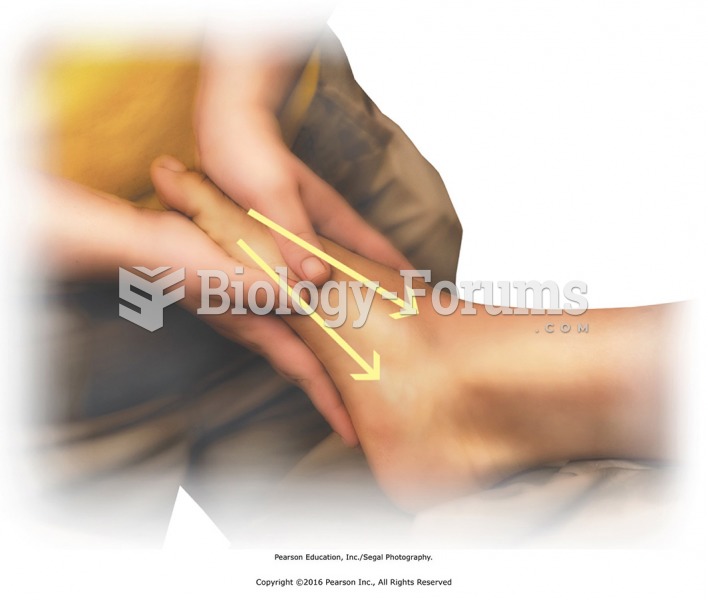|
|
|
Colchicine is a highly poisonous alkaloid originally extracted from a type of saffron plant that is used mainly to treat gout.
If you use artificial sweeteners, such as cyclamates, your eyes may be more sensitive to light. Other factors that will make your eyes more sensitive to light include use of antibiotics, oral contraceptives, hypertension medications, diuretics, and antidiabetic medications.
Hip fractures are the most serious consequences of osteoporosis. The incidence of hip fractures increases with each decade among patients in their 60s to patients in their 90s for both women and men of all populations. Men and women older than 80 years of age show the highest incidence of hip fractures.
Vampire bats have a natural anticoagulant in their saliva that permits continuous bleeding after they painlessly open a wound with their incisors. This capillary blood does not cause any significant blood loss to their victims.
This year, an estimated 1.4 million Americans will have a new or recurrent heart attack.
 Effleurage clockwise to abdomen. Place palm over palm, and apply effleurage in a circle around the ...
Effleurage clockwise to abdomen. Place palm over palm, and apply effleurage in a circle around the ...
 Circular movement of ice over lateral area just distal to the elbow. Use medium pressure to apply ...
Circular movement of ice over lateral area just distal to the elbow. Use medium pressure to apply ...





